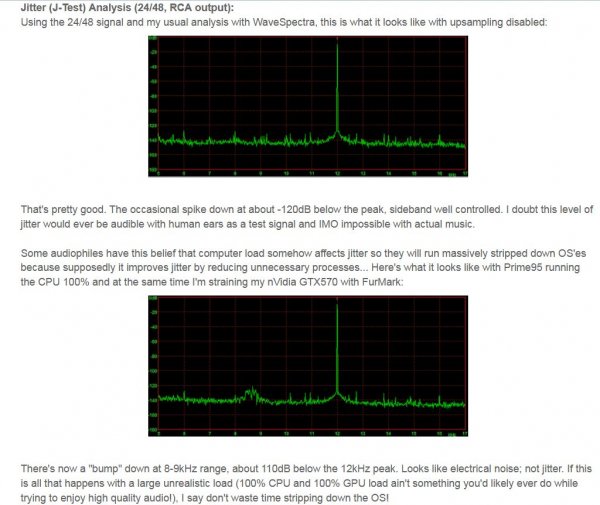So you hold hope that pink elephants are yet to be discovered?
No, I just try to eliminate any form of bias (in this case, the ludic fallacy/congruence bias) that would lead to generalisations or assumptions in which the averaging of information can only ever result in a lesser value of observation, and especially predictions of future events (or, in your words, things “that never come true”) in which the basis of the prediction is taken from a pool of lesser value observations.
Why?
Because an averaging of information (extrapolating from variations in events based on past observations, especially when these events are presumed to represent samples from a normal distribution) is extremely dangerous in the prediction of future events (1).
Lets say you go away for a month and ask me to look after your dog. You leave explicit instructions your dog must be given an average of a litre of water per day for the next thirty days in order to stay alive. You come back and your dog is dead. You’re furious. I say I did exactly what you asked and gave your dog thirty litres of water. I just did it all on the first day, not realising that by relying on an average, I predicted your dog would be fine for the next twenty-nine days as long as it was given the full amount of water on the first.
In other words, I make an assumption there’s zero mathematical probability your dog will die over a thirty-day period, provided I give him/her a total amount of thirty litres of water, completely ignoring the non-linear and inter-dependent (i.e. real world) values of ambient temperature, canine health and the associated risks of dehydration.
That is, given that future events are potentially and probably likely to be subject to variables not within the scope of prior experience (2), I don’t make assumptions about what may or may not be uncovered that has previously been hidden, and, especially when dealing with the perceptual functioning of an organ we are only really beginning to understand from a neurobiological point-of-view.
Again, if you want to share what you think you know, by all means, be my guest. But if you want to draw conclusions in which your basis of information is to mistake absence of evidence for evidence of absence, remind me not to invest in your life insurance scheme.
My best wishes to you and your dog,
853guy
(1) Again, if you’ve not, I invite you to read up on the “impossibility” of subprime loans that backed credit default swaps and collateralised debt obligations going to zero because it was outside the model of what had ever happened previously. Tell me, did your old boss at Sony also tell you to buy a house because house prices never fall in value?
(2) Lord Kelvin declared heavier-than-air flight to be impossible, proved wrong eight years later. Einstein said nuclear energy would be impossible, proved wrong eight years later. Bardeen, Cooper and Schrieffer declared superconductivity only possible below 30 Kelvin, proved wrong twenty-nine years later. The Poincaré problem, proposed in 1904 and declared “unsolvable”, solved 99 years later.


